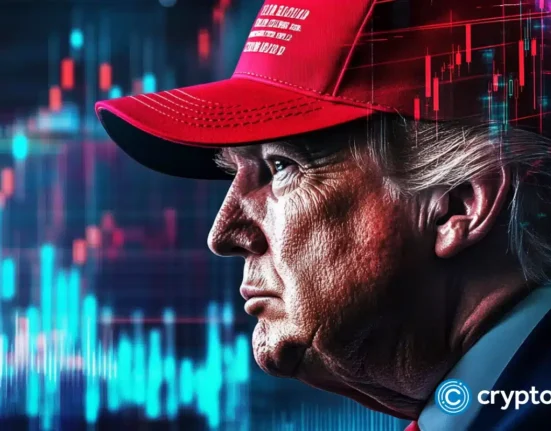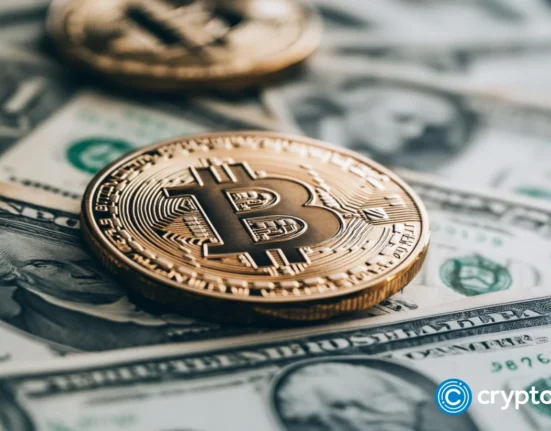China’s digital yuan adoption faces “bottlenecks” due to user reluctance and competition from platforms like Alipay, says Charles Chang, a director at a Shanghai-based university.
China‘s central bank digital currency — also known as the digital yuan — is still encountering “bottlenecks” in user adoption, driven by reluctance and competition from platforms like Alipay, says Charles Chang, director of the Fintech Research Centre at Fudan University in Shanghai.
Despite the digital yuan’s potential, popular online payment services such as Alipay and WeChat Pay have entrenched user bases, making it difficult to persuade consumers to switch to a new option, Chang told the South China Morning Post in a Dec. 1 interview.
As crypto.news reported earlier, the country’s mobile payment ecosystem is currently dominated by WeChat Pay and Ant Group’s Alipay even with around 185 non-bank payment institutions in the country.
Chang admitted that Beijing is facing “some bottlenecks in adopting the digital yuan today,” but suggested the push for the state-run digital currency will continue, despite corruption accusations against Yao Qian, the former head of the People’s Bank of China’s digital currency institute.
The digital yuan — launched in trials across select cities in 2019 — is part of China’s ambitious push to become a global leader in central bank digital currencies. As of press time, the PBOC has extended the pilot program to 26 regions in 17 provinces, though there is no official timeline for a nationwide launch.
As of June, the cumulative transaction value of the digital yuan had reached 7 trillion yuan (around $968 billion), a significant increase from the previous year. Yet, experts like Chen Zhiwu, chair professor of finance at the University of Hong Kong, warn that the digital yuan “cannot fundamentally break free from the broader limitations of the yuan’s appeal.”








